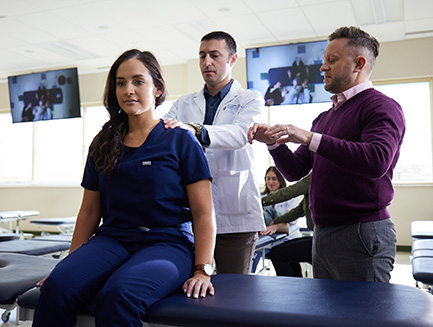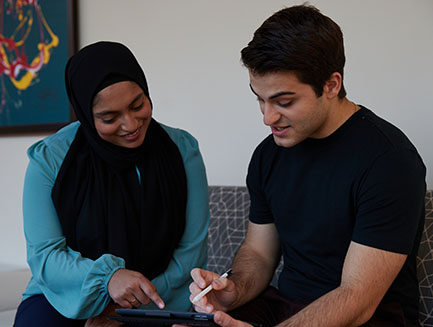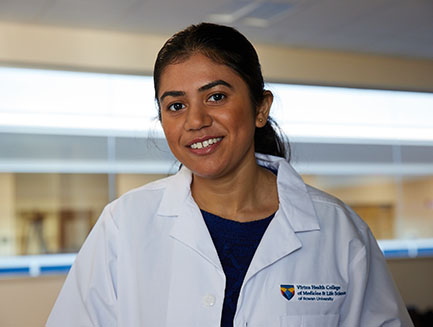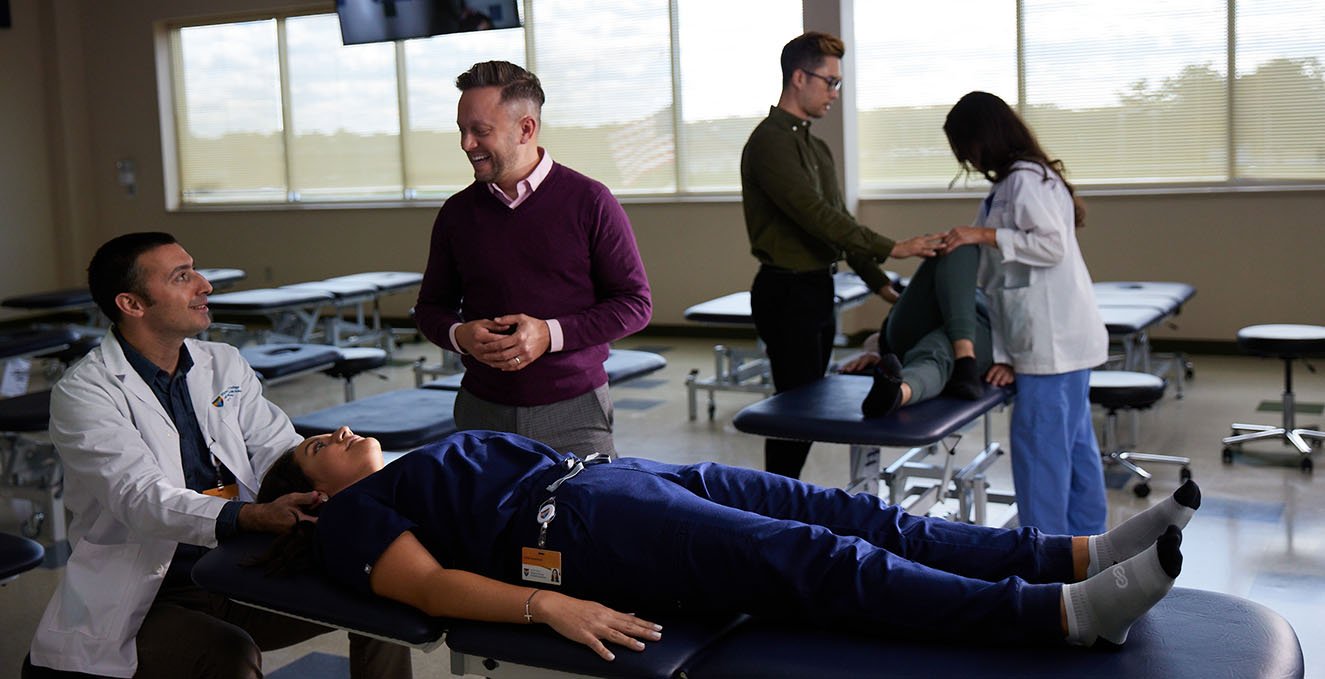What is Osteopathic Medicine?
As a Doctor of Osteopathic Medicine (DO), you will engage in Osteopathic Manipulative Treatment (OMT), which allows you to apply hands-on techniques to enhance patient care. Comprehensive assessments will help you address factors affecting health, while patient education will empower individuals to take an active role in their wellness. Understanding the principles and practices of osteopathic philosophy is not just about memorizing concepts; it’s about truly integrating them into your identity as a physician.
The Four Tenets of Osteopathy and Their Meaning for Your Physician Identity
The Tenets of Osteopathic Medicine express the underlying philosophy of osteopathic medicine and were approved by the AOA House of Delegates as policy.
- The body is a unit; the person is a unit of body, mind and spirit.
- We have a holistic approach. We treat the whole person—mind, body, and spirit—because health is about more than just not being sick.
- The body is capable of self-regulation, self-healing and health maintenance.
- We recognize the incredible entity that is the human body and work to support its natural functions. You will learn how to help the body heal itself through both education and hands-on techniques.
- Structure and function are reciprocally interrelated.
- You will learn how the body’s anatomy (like muscles, bones, and fascia) and its physiology are deeply interconnected. When there is an imbalance or misalignment in the body’s structure, it can affect overall health and performance. You will develop hands-on skills to identify and address these issues, promoting healing and optimal function. By understanding and applying this principle, future physicians will be equipped to treat the whole person, enhancing patient care and outcomes.
- Rational treatment is based upon an understanding of the basic principles of body unity, self-regulation and the interrelationship of structure and function.
- You will learn to approach medical care holistically, understanding how the body, mind, and spirit function as a unified whole. As a student of osteopathic medicine, you will be thoroughly trained in pharmacological treatments, surgical interventions, and other evidence-based practices while embracing the body’s natural ability to self-regulate and heal. The osteopathic philosophy emphasizes prevention and collaboration integrating with cutting-edge medical care. As an osteopathic physician, you will excel in any specialty, combining standard medical practices with a profound focus on overall health, preventive care, and patient well-being.
Additional Key Principles of Osteopathic Philosophy
- Patient-Centered Care: You will be trained in an educational philosophy where patients, and their families' preferences, values, cultural traditions, and socioeconomic conditions are respected, receive full, timely information so they can make informed decisions and care is tailored to suit the patient's needs and what they want to achieve.
- Individualized Care: Your training will emphasize tailoring care to the individual, considering their unique circumstances and health history.
- Preventive Care: You will learn the importance of preventive measures to maintain health and promote wellness, rather than solely focusing on treating symptoms.

Two DO Curriculum Tracks





